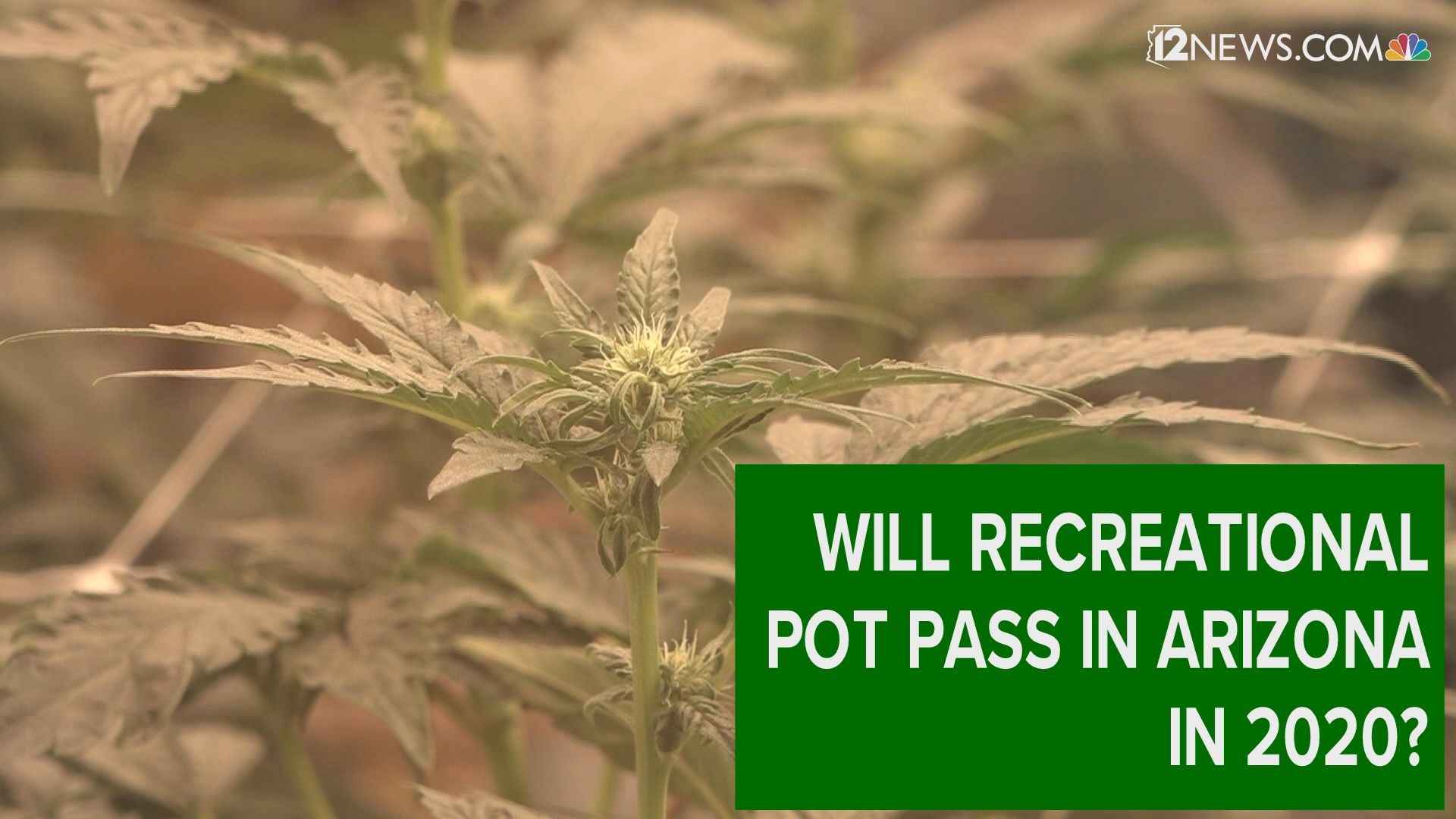DENVER — When Colorado legalized recreational marijuana in 2014, states across the nation followed suit, opting to regulate marijuana like alcohol. Mason Tvert helped write the law he says has served as a model for other states.
"Marijuana was around for decades and decades, and it’s still around, it’s just now being sold in tightly controlled stores," he said.
Legalization has had its benefits. According to the Colorado Department of Revenue, the state has generated about $266 million per year from cannabis sales – more than $1 billion since legalization.
Tvert said that money is being put to good use.
“That money’s being spent on things like public school construction, literacy programs. It’s being spent by local governments to pave roads, to build civic centers,” he said.
But Tvert said legalization hasn’t solved all the state’s problems.
For example, though cannabis-involved traffic deaths have gone down since 2016, more marijuana users are reporting driving within two to three hours of using pot, according to the Colorado Department of Transportation.
“Legalization is not a panacea, but it is far preferable to prohibition. It is a far better policy when it comes to preventing harm and really controlling marijuana,” Tvert said.
As Arizona voters might see another marijuana initiative on their 2020 ballot, here are some things we can learn from Colorado.
What does the law need to say?
For a law legalizing marijuana to be successful, Tvert said it needs to be amenable to change.
“The law was written in a way that it was so flexible that the legislature has been able to address things, like whether it’s edible products and better addressing labeling requirements and ways of identifying cannabis products,” he said.
Why did Arizona voters decide against legalization?
Tvert was also involved in the failed effort to legalize marijuana in Arizona. Prop 205, which would have regulated marijuana like alcohol, was defeated 51.32% to 48.68% in the 2016 election.
Tvert said the initiative didn’t pass in part because of years of anti-marijuana messaging.
“Ultimately, marijuana’s been illegal for decades and decades, and there’s been billions of dollars spent in anti-marijuana propaganda for most of our lives,” he said.
He also said millions of dollars were spent against Prop 205, and some of that money came from pharmaceutical companies that produce opioids.
In 2016, 12 News reported that the committee that produced "no on 205" ads listed Chandler-based Insys Therapeutics as a major funder on its website. The drug company was tied to a bribery scheme to get doctors to prescribe Insys' highly addictive fentanyl spray.
Will Arizona legalize recreational marijuana?
Public opinion is changing, which could mean we’ll see legalized marijuana in the near future.
“In the last couple of decades, we’ve started to see people learning the facts, and as people learn the facts, we see support for legalization growing,” Tvert said.
Tvert said the policy is likely to change at a federal level, even if Arizona voters continue to reject legalizing recreational marijuana.
“Support for ending federal marijuana prohibition is stronger in Congress than it’s ever been before. We expect it could really change in the next year or two,” he said. “There is growing support as more and more states are passing these laws, and it’s really just untenable to maintain the state-federal conflict.”

